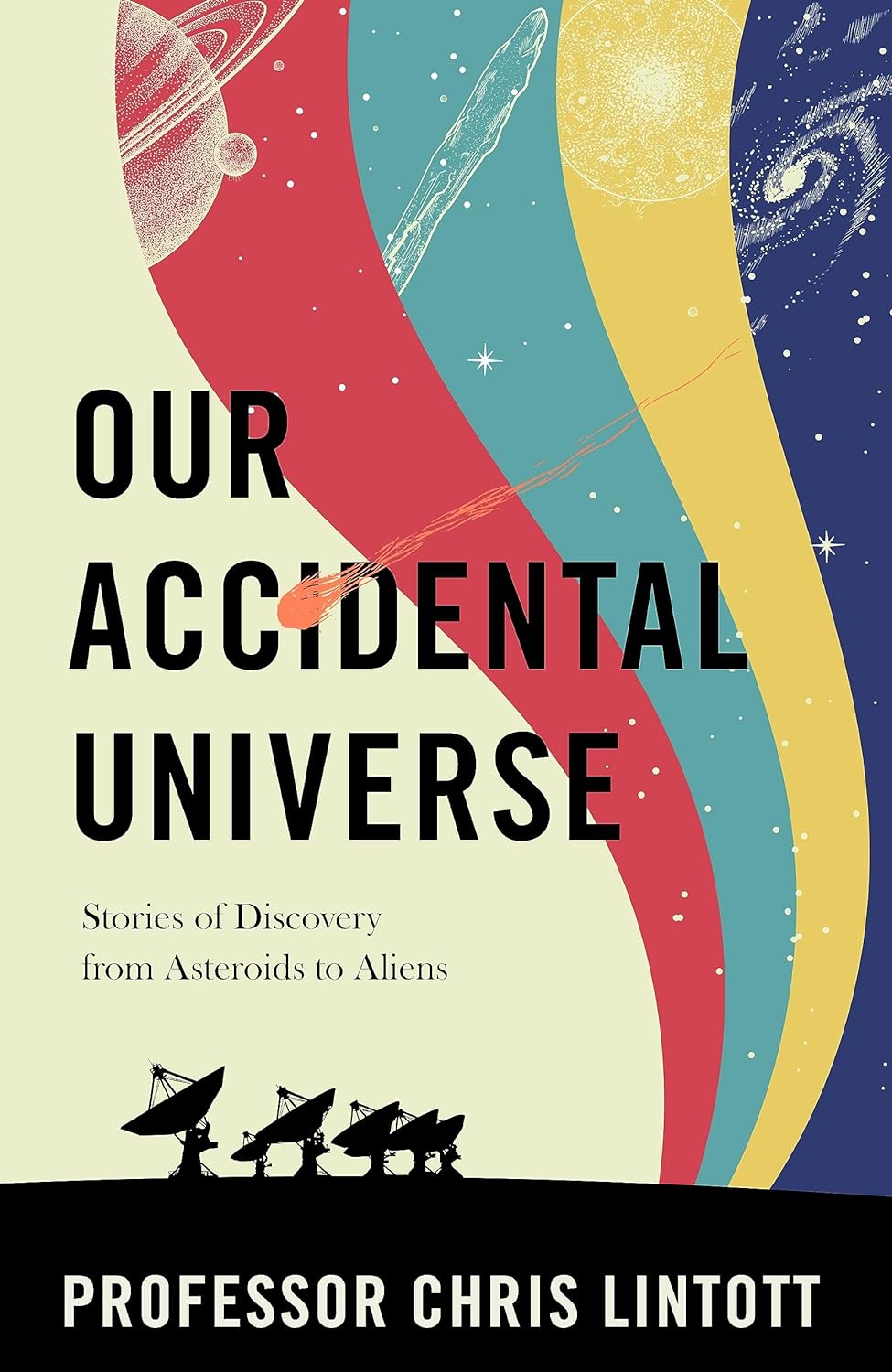Our Accidental Universe | Chris Lintott

Detalii Our Accidental Universe | Chris
Produs actualizat în urmă cu 1 an
Descriere YEO:
Descriere magazin:
The BBC presenter of \'Sky at Night\', and Gresham Professor of Astronomy, Chris Lintott, takes us on an astonishing tour of bizarre accidents, big characters, and human error to tell the story of some of the most important astronomical events of the past hundred years.Our first views of the earliest galaxies were brought to us by the Hubble Space Telescope when it was pointed at absolutely nothing.The ice-covered Enceladus, one of Saturn\'s nearly one hundred moons, was revealed as a possible habitat for life after a by-chance fly by of NASA\'s Cassini probe on a mission elsewhere.Pulsars, the spectacular remnants of long-dead massive stars, were discovered as \'scruff\' in the data for measurements of the twinkling of possible radio stars.

Our Accidental Universe | Chris - Disponibil la carturesti.ro
Pe YEO găsești Our Accidental Universe | Chris de la Torva, în categoria Carte straina.
Indiferent de nevoile tale, Our Accidental Universe | Chris Lintott din categoria Carte straina îți poate aduce un echilibru perfect între calitate și preț, cu avantaje practice și moderne.
Caracteristici și Avantaje ale produsului Our Accidental Universe | Chris
- Departament: gaming-carti-birotica
- Ideal pentru pasionații de jocuri, birotică și distracție online.
Preț: 129 Lei
Caracteristicile produsului Our Accidental Universe | Chris
- Brand: Torva
- Categoria: Carte straina
- Magazin: carturesti.ro
- Ultima actualizare: 11-11-2024 01:46:56
Comandă Our Accidental Universe | Chris Online, Simplu și Rapid
Prin intermediul platformei YEO, poți comanda Our Accidental Universe | Chris de la carturesti.ro rapid și în siguranță. Bucură-te de o experiență de cumpărături online optimizată și descoperă cele mai bune oferte actualizate constant.
Descriere magazin:
The BBC presenter of \'Sky at Night\', and Gresham Professor of Astronomy, Chris Lintott, takes us on an astonishing tour of bizarre accidents, big characters, and human error to tell the story of some of the most important astronomical events of the past hundred years.Our first views of the earliest galaxies were brought to us by the Hubble Space Telescope when it was pointed at absolutely nothing.The ice-covered Enceladus, one of Saturn\'s nearly one hundred moons, was revealed as a possible habitat for life after a by-chance fly by of NASA\'s Cassini probe on a mission elsewhere.Pulsars, the spectacular remnants of long-dead massive stars, were discovered as \'scruff\' in the data for measurements of the twinkling of possible radio stars.





